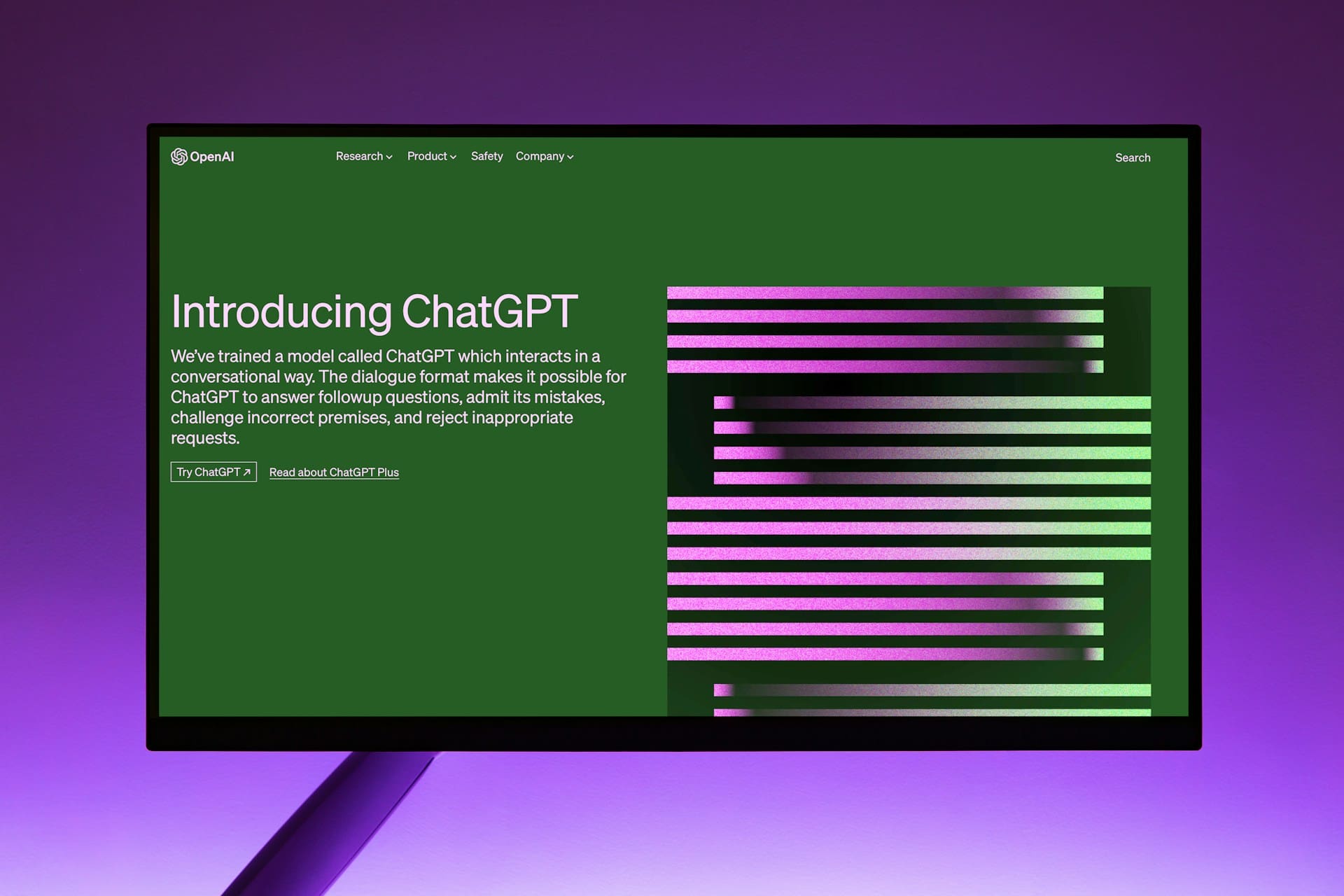By Rob Thubron
A HOT POTATO: Many predict that the artificial intelligence revolution will disrupt society and the workplace in an unprecedented manner. Its potential to put so many people out of a job while also concentrating power in the hands of what could be trillionaires has led to calls for a Universal Basic Income (UBI), but Dario Amodei, CEO of AI startup Anthropic, thinks such a plan still wouldn’t be enough.
We’ve previously heard OpenAI CEO Sam Altman talk about a UBI to help address problems caused by the impact of generative AI on the jobs market. Anthropic boss Amodei agrees that something needs to be done, but worries that it needs to be more than just a UBI.
“I certainly think that’s [UBI] better than nothing. But I would much prefer a world in which everyone can contribute,” Amodei told Time magazine. “It would be kind of dystopian if there are these few people that can make trillions of dollars, and then the government hands it all out to the unwashed masses,” he stated, adding, “It’s better than not handing it out, but I think it’s not really the world we want to aim for.”
Amodei used to work for OpenAI before launching Anthropic with his sister and five other OpenAI colleagues in 2021. The company’s goal is to develop “responsible” general AI systems and language models, an ambition that helped it attract a $4 billion investment from Amazon.
Amodei also talked about the prospect of AI doing pretty much everything better than humans, and what that would mean for the world. “I do believe that if the exponential [rate of AI progress] is right, AI systems will be better than most humans, maybe all humans, at doing most of the things humans do,” he said.
“I think in the long run, we’re really going to need to think about, how do we organize the economy, and how humans think about their lives? One person can’t do that. One company can’t do that. That’s a conversation among humanity. And my only worry is, if the technology goes fast, we’ll have to figure it out fast.”
OpenAI boss Sam Altman was so concerned about how AI will affect society and jobs that he ran experiment in 2016 showing how a UBI could negate some of these issues. That program gave between $50 and $1,000 a month to more than 3,000 enrollees.
Recently, Altman said he wondered if the future looked more like universal basic compute than universal basic income, in which everyone receives a slice of GPT-7’s compute that they can use, resell, or donate. It’s a proposition that hasn’t received much support.
Elon Musk, whose xAI artificial intelligence company recently said it would raise $6 billion in its Series B funding round, has also called for a “universal high income.” He said last year that there will come a point where no job is needed as AI will end the requirement for human employment.
In related news, Anthropic launched its Claude 3.5 Sonnet AI model last week, claiming it outperforms GPT-4o in some tests.





















